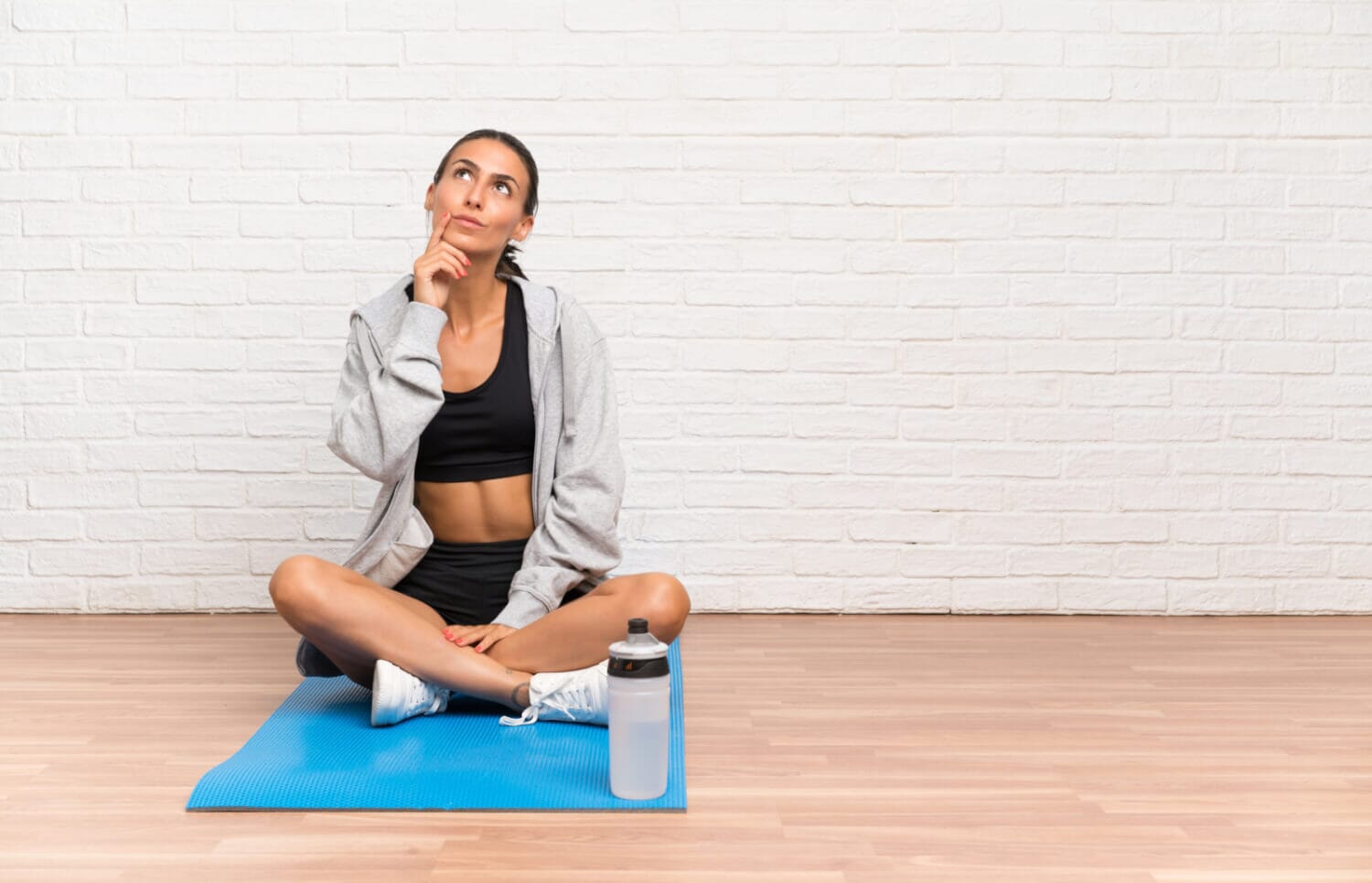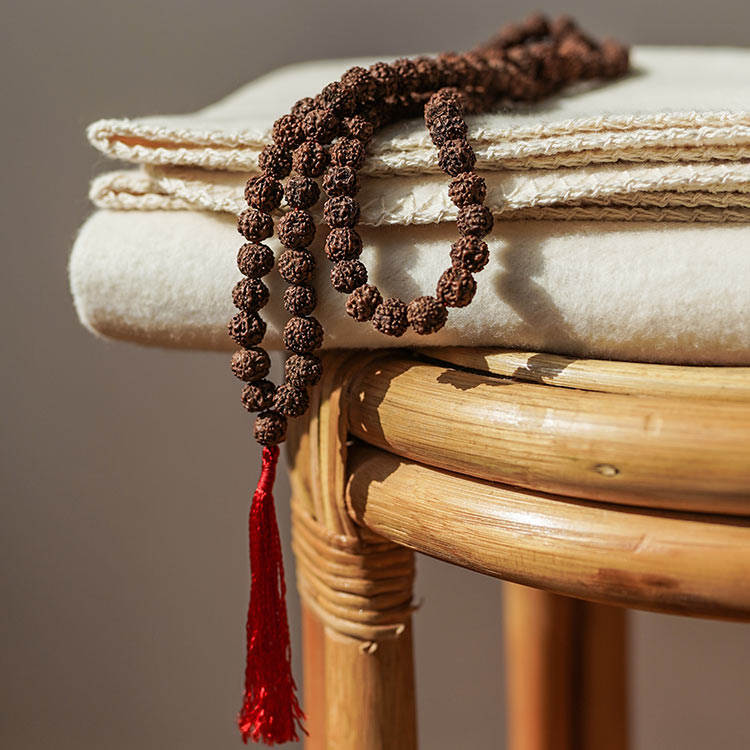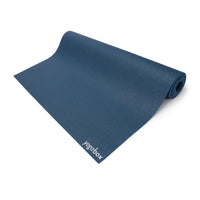
Yoga and competitive sports: What you need to know

More and more competitive athletes are incorporating the asanas of Buddhist teachings into their workout routines. There must be a reason for this. Experts emphasize that this Indian teaching can make a real difference, especially for competitive athletes. This is primarily because yoga helps keep the body agile and flexible. Of course, there are many other benefits of yoga for the body. In this article, you'll learn the most important information.
Yoga is becoming increasingly popular – the numbers are rising
According to recent surveys by the Professional Association of Yoga Teachers in Germany (BDY), over 16 million Germans already incorporate asanas into their daily routine. That's about 20% of the population. Numerous professional athletes have also been persuaded by a yoga instructor to practice yoga. In addition to traditional workouts, yoga means rest, relaxation, and mindfulness for your body – according to one yogi.

Why is yoga useful for competitive athletes?
Anyone who engages in strenuous sports training craves variety. In this context, it's important to strengthen their body through balancing movements. Many competitive athletes therefore turn to the time-tested asanas from Indian yoga traditions—classical yoga can strengthen the entire body, relax muscles, and improve breathing.
These are the advantages:
a) Promote mobility
Depending on the sport, certain areas of the body are subjected to greater stress than others. For example, if you're constantly on the soccer field, you're putting your leg muscles under strain. However, if you spend hours in the gym, your muscles are extremely stressed and strained. Even though these movements are generally good for the body, they lack flexibility. If you practice yoga daily, you strengthen your mind and stretch your muscles.
Yin yoga can be a good choice for this. Power yoga or other yoga styles can also produce the desired effects—best combined with breathing exercises on your meditation cushion .
b) Relaxation of muscle groups
Are you familiar with the problem of tense muscles? This is not uncommon after a tough workout. If you continue training despite overstressing muscle groups, you will sooner or later experience physical pain. In this case, it may be beneficial to open your mind to yoga. The various exercises can help you promote or initiate the regeneration of muscle groups activated by competition or training. Over time, you will learn which exercises are particularly valuable and beneficial for your body – this, of course, always depends on your body type and the sport you practice.
c) Training at all levels
Those who train very hard always do so on a physical level. Of course, the mind also needs to be strengthened, for example, by providing sufficient motivation. However, mental and emotional health are often neglected. Yoga can help you achieve harmony between these three aspects: body, mind, and soul.
d) Injuries and wear and tear can be prevented
Many athletes complain of constant injuries or tightness in muscle groups. This doesn't have to be the case if you do enough warm-up exercises and build endurance beforehand. Likewise, yoga exercises are essential for increasing flexibility and preparing muscle groups for training. You should also take the time to incorporate a few yoga poses after your workout. This promotes recovery – on a physical, mental, and emotional level.
e) You will become more efficient
In case you didn't know, although the training is performed by the body, the mind plays a particularly essential role in achieving certain successes. Therefore, yoga is perfect for activating mental strength and consciously directing it in a specific direction. The mind becomes clearer, distracting thoughts are eliminated, and focus for achieving a goal can be strengthened.
f) Stable musculoskeletal system
For example, if you enjoy jogging and are running a marathon, you need a stable musculoskeletal system to achieve adequate results. Yoga helps you improve your coordination. If you are more stable, your sense of balance will naturally improve as well. Those who enjoy sprinting will notice a difference in this regard. The muscles must remain stable due to the external forces – yoga promotes balance. The core is important when jogging, and it can be strengthened through special yoga exercises.

Why is a good body awareness essential for competitive athletes?
Everyone talks about body awareness—not just in relation to sports, but also in nutrition. As a competitive athlete, it's important to know how your body works, when it needs rest, which movements are beneficial, and how you can best support and challenge it.
It's also important for athletes to be able to perceive their body position, muscles, and direction of movement. This is the foundation for successfully practicing a given sport. Whether you're a beginner or a professional, body awareness is essential for avoiding sports injuries, or improving or alleviating them once they occur. You'll know exactly when enough is enough and can therefore avoid over-training. This can help prevent injuries (e.g., torn ligaments) or muscle strains.
Don't worry: You don't necessarily have to incorporate yoga exercises into your daily routine. In many cases, two to four sessions per week are sufficient.
Does yoga help with stress? What are the effects on training?
Many people, including athletes, have stressful daily lives. This feeling of stress naturally also affects mental health and the ability to exercise. A whirlwind of thoughts can, among other things, make athletes more likely to injure themselves because they lack attention. Tactical errors in team sports can also result. Therefore, it's all the more important for athletes to keep their minds clear: Yoga on a yoga mat can be helpful in this regard.
The following improvements may be included:
- The ability to concentrate increases
- You feel less stress
- Breathing can be improved and controlled more easily through the appropriate pranayamas
- You can deal with your emotions better
As you can see, yoga has valuable effects on the body, mind, and soul. You can ideally utilize this for your training session and let it strengthen you.
Are you a competitive athlete? If so, do you incorporate yoga exercises into your training plan?
Share








